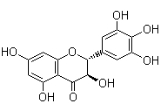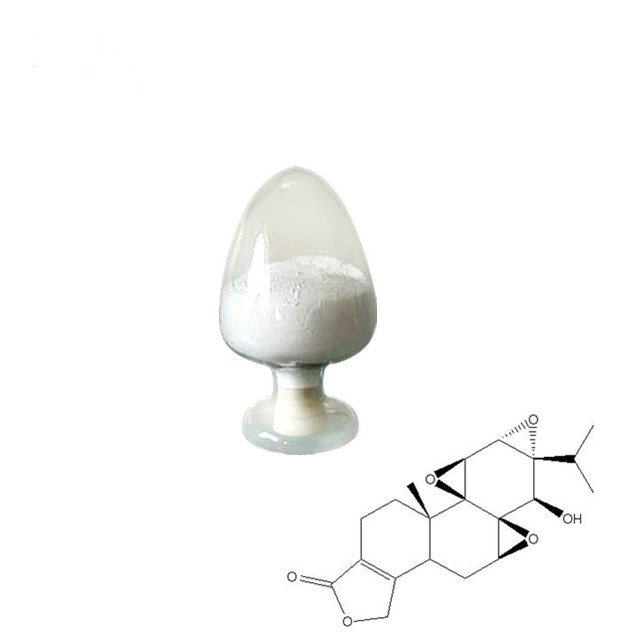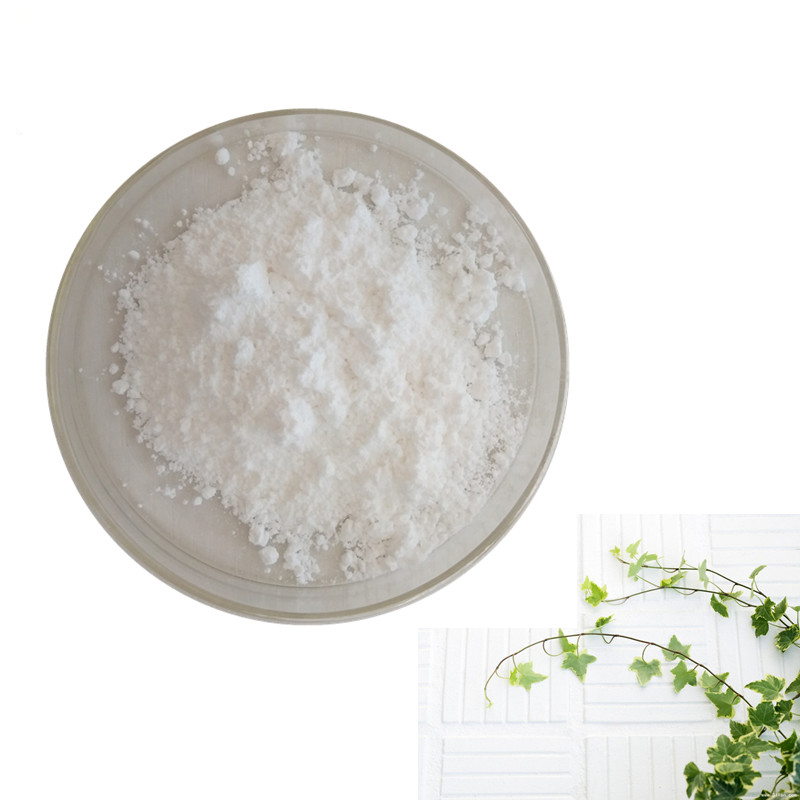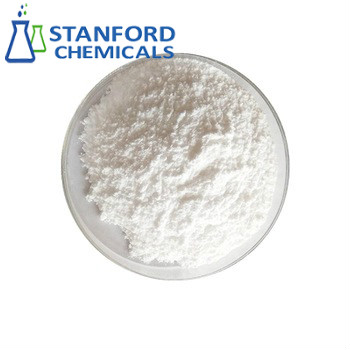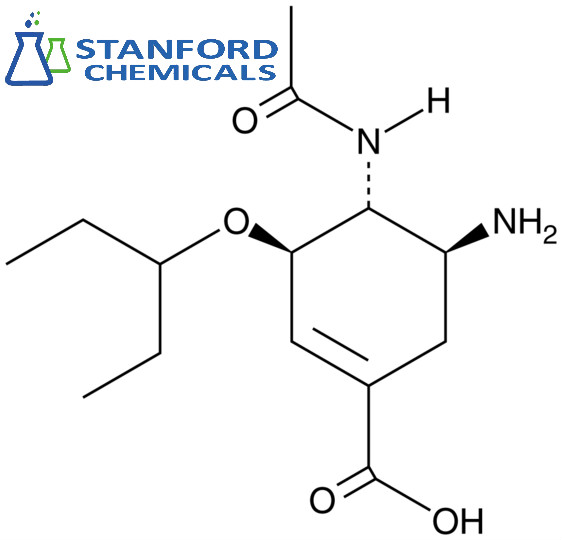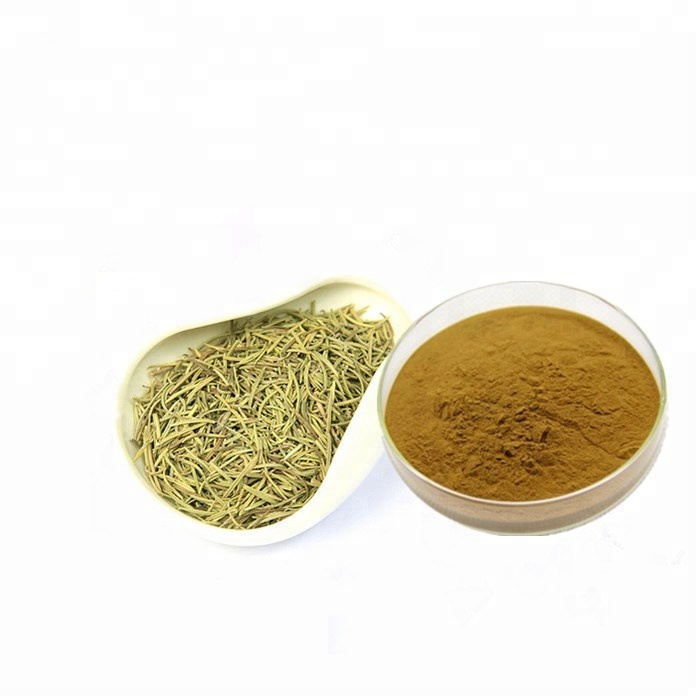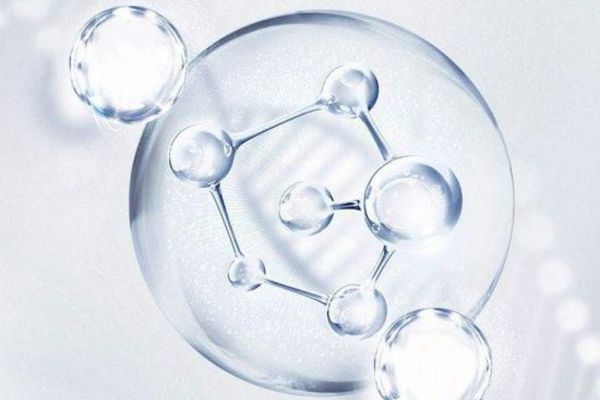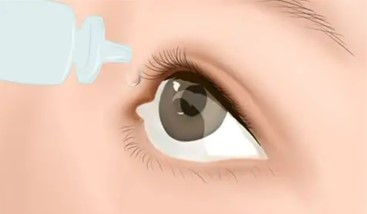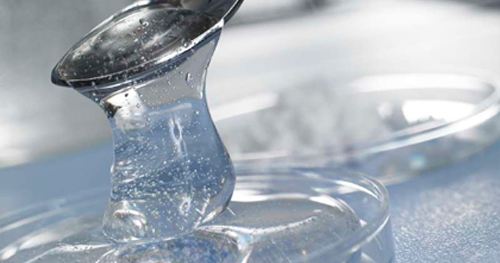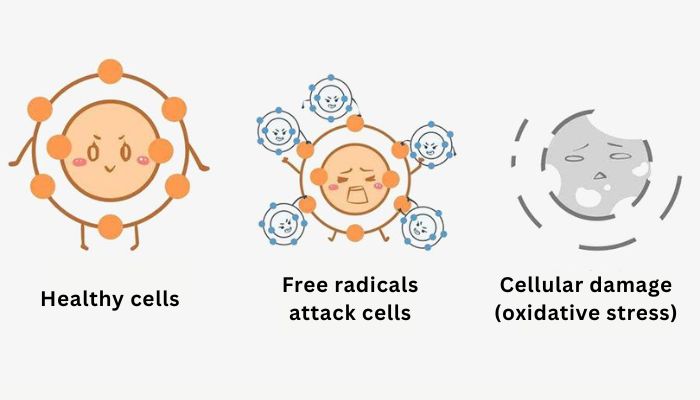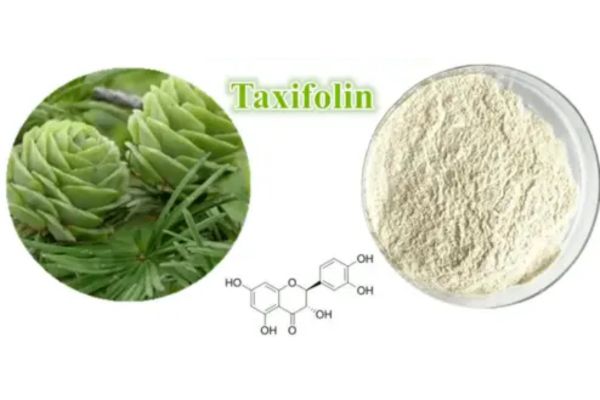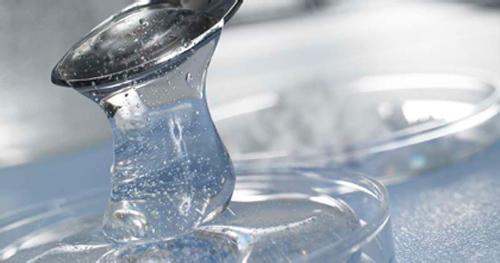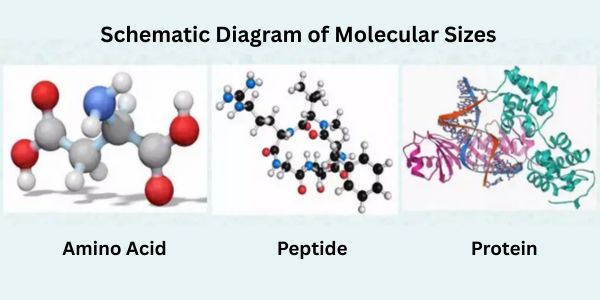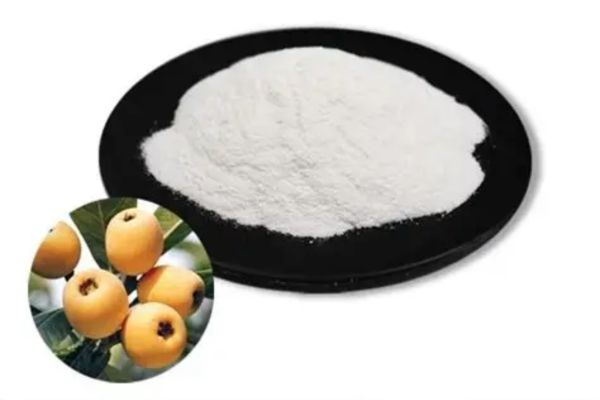Introduction
Hyaluronic acid (HA) has become a popular ingredient in skincare and supplement products due to its hydrating and anti-aging properties. However, hyaluronic acid products have disparity among each other, as they can vary in their molecular weight. High molecular weight hyaluronic acid (HMW-HA) and low molecular weight hyaluronic acid (LMW-HA) are two different types of hyaluronic acid that can be used with their own benefits and drawbacks. In this article, we will explore the differences between HMW-HA and LMW-HA. Hope that you can have a better understanding of hyaluronic acid and choose the perfect HA products for your project.
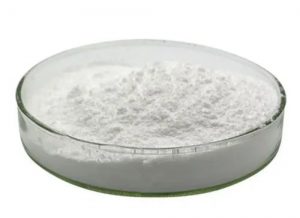
Hyaluronate-acid-powder
Hyaluronic Acid Molecular Weight
First, let’s define what we mean by molecular weight. In chemistry, molecular weight refers to the mass of a molecule, which is determined by adding up the atomic weights of all the atoms in the molecule. In the case of hyaluronic acid, the molecular weight can vary widely, ranging from as low as 50,000 Daltons to as high as 10 million Daltons.
HMW-HA has a molecular weight greater than 1500K Daltons, much larger than LMW-HA, whose molecular weight is less than 1000k Daltons [1]. There are also Micro hyaluronic acid and mini hyaluronic acid available. Micro HA has a molecular weight range between 5k Daltons and 50k Daltons [2], even lower than mini HA, whose molecular weight range is between 100k Daltons and 1,500k Daltons [3]. Stanford Chemicals Company (SCC) is a leading supplier of hyaluronic acid of different sizes.
Send us an inquiry if you are interested.
Related reading: Viscosity, Molecular Weight and Rheological Properties of HA
High VS. Low Hyaluronic Acid: Different Effects
High-Molecular-Weight Hyaluronic Acid (HMW-HA) has relatively large molecules that form a hydrating film on the skin’s surface, effectively trapping moisture and making the skin appear smoother and softer. In contrast, Low-Molecular-Weight Sodium Hyaluronate (LMW-HA) is made up of smaller molecules, allowing it to penetrate deeper into the skin and provide longer-lasting hydration.
So, is a lower molecular weight always better?
Not always. To begin with, one needs to realize that the hyaluronic acid found naturally in the skin is of higher molecular weight. Low-molecular-weight hyaluronic acid, thus, might have reduced compatibility.
Generally speaking, the greater the molecular weight of the hyaluronic acid, the stronger its water-absorbing and water-retaining properties. High-molecular-weight HA forms a more effective protective film but with less penetration ability. The lower the molecular weight, the more intense the penetration, allowing it to reach down to the deeper dermal layers to deliver hydration at that level. Its film-forming ability is weaker, though, so it is less effective in locking moisture in at the skin surface.
Therefore, both low- and high-molecular-weight hyaluronic acid both possess their own strengths and weaknesses, and one is not necessarily “better” than the other.
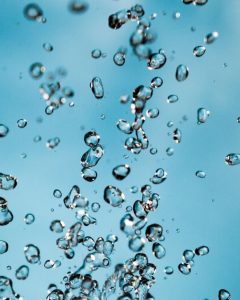
Hydrating Effect
Related reading: Health Benefits of hyaluronic Acid for Skin
High VS. Low Hyaluronic Acid: Different Application Areas
LMW-HA is considered more stable than HMW-HA because of its lower tendency to undergo degradation and better oxidation resistance. Besides, LMW-HA could penetrate the skin surface easier with a lower molecular size. In a word, HMW-HA catches water molecules on the surface, while LMW-HA goes deeper underneath.
Both of them are commonly used in the cosmetic field. They are both excessively hydrating and anti-aging. You can find these hyaluronic acid products such as lotions, creams, etc. LMW-HA and HMW-HA are employed to make supplements as well. You can also combine these hyaluronic acids for your dermis and underneath.
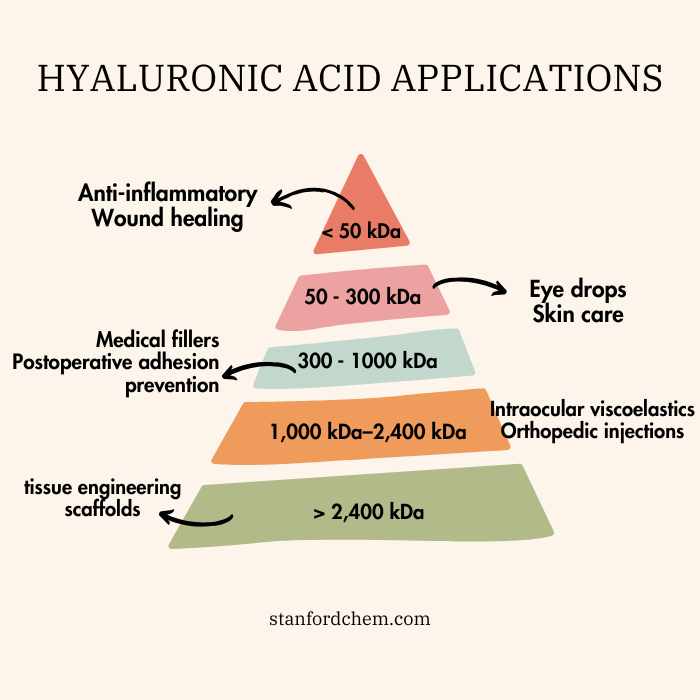
Caution
It’s important to note that not all HA products will list their molecular weight on the label. If you are unsure which type of HA is used in a product, you can do some research or reach out to the manufacturer for more information.
In addition to molecular weight, other factors can impact the effectiveness of hyaluronic acid products. The concentration of HA, the delivery method, and other ingredients in the product can all affect how well the product works.
Conclusion
In summary, high molecular weight hyaluronic acid and lower molecular weight hyaluronic acid differ in their effects and use areas.
HMW-HA is better for providing hydration and anti-aging benefits for cells on the surface, while LMW-HA is better for reducing inflammation and improving deeper skin texture.
Stanford Chemicals Company has rich experience in the manufacture and sales of high molecular weight, middle molecular weight, and low molecular weight hyaluronic acid. It’s important to choose a product that is well-formulated and suited to your specific skincare needs to ensure the best results. Please check our homepage for more information.
People Also Ask
Q1: What’s the difference between high and low molecular weight hyaluronic acid?
A: High molecular weight HA (HMW) stays on the skin surface for hydration, while low molecular weight HA (LMW) penetrates deeper to plump and repair in the long run.
Q2: Which type of HA is better for dry skin?
A: High molecular weight HA is ideal for instant hydration, creating a water-lock barrier to prevent loss of water.
Q3: Can low molecular weight HA reduce wrinkles?
A: Yes! LMW HA reaches deeper layers of skin, stimulating collagen and improving elasticity in the long term.
Q4: Is one type safer or gentler than the other?
A: HMW HA is less irritating and thus safer for sensitive skin. LMW HA is well tolerated but might produce transient redness in extremely exceptional cases.
Q5: Can I use both types of HA together?
A: Yes, definitely! Stacking HMW and LMW HA delivers both immediate hydration and long-term anti-aging effects.
Q6: Does molecular weight affect HA’s use in supplements or injections?
A: Yes—LMW HA is commonly used in joint health supplements, whereas injectable fillers usually employ cross-linked HMW HA for form.


